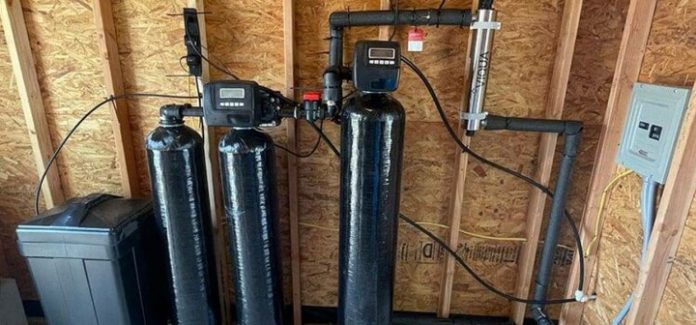The short-term and long-term positive economic impacts of investing in a water softener company cannot be overstated. Water softeners remove minerals, particularly calcium and magnesium, from hard water, which forms scale buildup in pipes and appliances.
The advantages of using softened water are obvious; investors can receive a good return on investment by investing in a water softener company. If you are looking for a water softener company near you, this article discusses why it is a great investment opportunity.
Conduct Market Analysis
It is imperative to conduct in-depth research on the market before investing in a water softener company. The market has been progressing smoothly due to the growing knowledge of the harm induced by hard water to plumbing systems and appliances. Today, the demand for soft water in urban populations has surged. However, the regulations enacted and consumer preferences can radically change the market.
Evaluate the Revenue Potential
The potential of reaping benefits from a water softener company is subject to many variables, namely, the price of water softeners, the size of the target market, and the share in that market. With the increasing demand for water softeners, this sector has more room to increase its earnings. A water softener firm could gain remarkable market share and record substantial revenue through strategic marketing and product development.
Conduct Cost Analysis
If you are looking for a water softener company near me, there are associated costs, such as buying the company’s shares or making a direct investment. Beyond this, the investor needs to consider taxes, fees, and risks associated with the investment. Performing a cost analysis can help investors decide if a water softener company investment is financially worthwhile.
Calculate the Return on Investment (ROI)
The ROI calculation is essential in determining the profitability of investing in the water softener sector. The return on investment can be calculated by dividing the net annual earnings on the investment by the initial capital invested. Thus, if you invest $50,000 in a water softener company with a projected annual yield of $10,000, your ROI would be 20%. The 20% ROI shows that the investment is viable.
Economic Benefits for Consumers
If you find a water softener company near your local area, a water softener can reduce household consumption of soap and detergent. This ultimately translates into low costs since fewer cleaning products will be used to generate the same level of cleanliness.
Also, softened water prevents scale from depositing in appliances such as water heaters, dishwashers, and washing machines. By reducing mineral buildup, softened water prolongs the life of appliances, thus saving the cost of repairing or replacing them.
Furthermore, soft water makes water heaters and other appliances run more efficiently by eliminating scale buildup. This greater efficiency reduces household energy bills as appliances consume less energy.
In addition, investing in a water softener company could also be environmentally friendly. Softened water uses fewer detergents and chemicals, minimizing the environmental impact of household cleaning. Likewise, appliances’ prolonged lifespan lowers the amount of electronic waste generated from discarded appliances.
Summary
Investing in a water softener company can be lucrative. Through evaluating the market, projecting income, calculating expenses, and determining the return on investment (ROI), investors can make informed decisions and exploit this growing chance. More so, the water softener business is advantageous to both investors and consumers, thus a win-win situation for investors and consumers.

